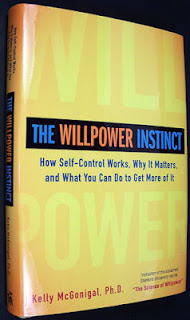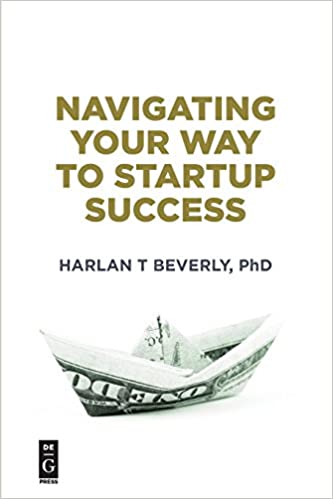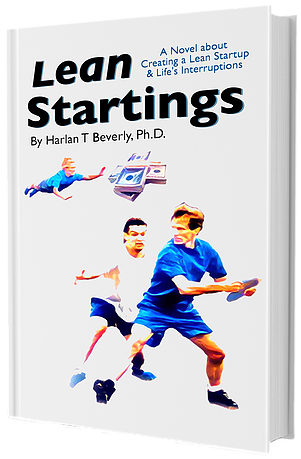You are young… maybe 25. Healthy as a bull (or healthy as a young filly)… Either way, workplace health is not something you think about. Maybe you are a programmer, maybe you are an accountant, marketing manager, or whatever…. but did you know that you are probably doing SERIOUS damage to yourself at work? I didn’t know it.. and now I’m paying for it. This topic (Workplace Health) is URGENT and IMPORTANT, according to Stephen Covey’s 7-Habits Principles… you need to act now! Here’s my story, and some tips for how you can avoid workplace health problems.
My Story:
I have had at least 3 careers in my 20+ years of working. First, I was a lifeguard and paper-boy. These jobs were great. The only problem is I was out in the sun… a lot… and usually without sunblock… so who knows what kind of skin damage I did. One year as a lifeguard, my skin was so dark as to seem “grey” and flaky to the touch. Very bad.
Next, I became an engineer/programmer. I spent 10-12 hours every day, sitting at my desk, eating meals like (see picture) and generally slouching. This has led to a very bad situation. Not only does my wrist hurt after using the computer for 10-20minutes… my lower back has decided to age much much faster than it should. My discs are degenerating much faster for someone of my age, and recently, I’ve had to have Chiropractic and other medical care related to my back. Worse than that, when my back hurts, I can’t play with my kinds, exercise, or do any of the fun weekend-warrior stuff I used to do.
Now, I’m an executive. Again, I spend a lot of time on my computer (8-10 hours a day)… one thing has changed though, I am now more aware than ever of my health. Here are tips for what I should have been doing my whole life, but sadly only recently started doing.
- Get Proper Posture: Sitting at your desk, your knees should be at 90degrees, your feet flat on the floor, your arms at 90-degrees, with fingers on the keyboard, and your eyes should be even with the BOTTOM of your screen. Sit up straight, don’t slouch, and don’t be tempted to lower everything.
- Take Proper Breaks: Every hour at least, get up and walk around for just 5-minutes. Look at something more than 10 feet away for 10 seconds every 10 minutes. And most importantly, don’t just sit there for hour after hour! (especially not in a slouched position as I did, which caused all this back trouble I have now).
- Eat Right: Take the time to eat a healthy lunch. Fast-food is killing our nation. Eat a good balanced healthy lunch… not too much. Salad is the best. My propensity to eat meals like the above is a problem.. it’s way too much for lunch and far too few greens…. it’s still better than Fast food though.
- Try A Standing Desk or Ball: I use both now. Standing desks keep you moving around (just don’t slouch!), and Exercise Balls are great for core strength (again NO SLOUCHING).
DON’T SLOUCH



